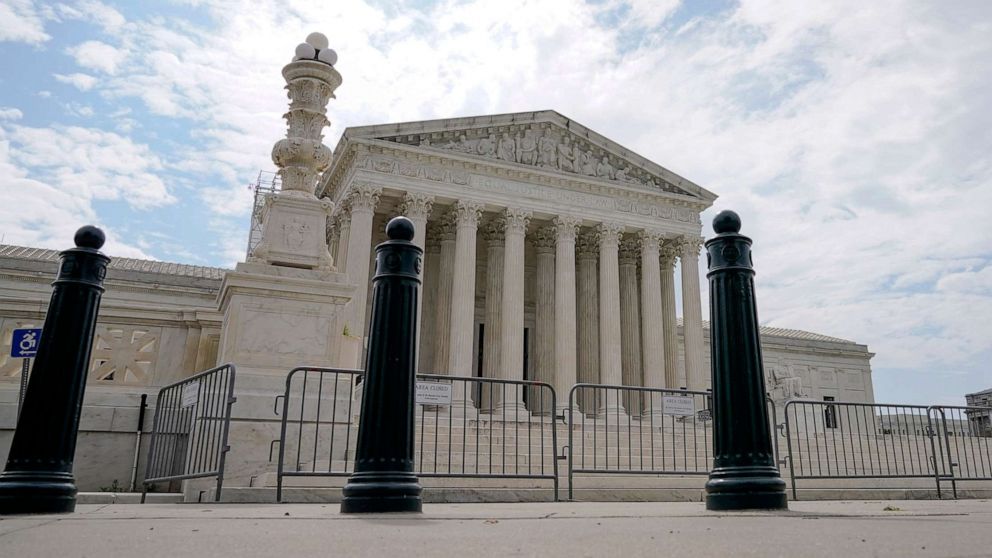
The US Supreme Court has simply made it more difficult to prosecute someone making a violent threat, stalking, or internet bullying. For a majority of the court, Justice Elena Kagan stated that prosecutors must prove that the defendant was aware of the dangerous character of his statement. “The State must show that the defendant consciously ignored a substantial risk that his communications would be interpreted as threatening violence,” wrote the judge.
The decision came in the case of a man sentenced to four years in jail in Colorado for sending threatening words on Facebook. According to his lawyers, the individual suffered from mental illness and never intended to harm the victim. According to reports, the man became obsessed with a singer he never met in the real world, and sent her hundreds of threatening messages.
Is online harassment protected by free speech?
The main issue before the court was whether to prioritize anti-stalking regulations over the country’s free expression rights. Justice Kagan stated in a 7-2 judgment that it was critical “not to create unintended consequences for street protesters or political activists who might say intemperate things in the heat of the moment but mean no real harm.” The decision was opposed by two conservative justices, Clarence Thomas and Amy Coney Barrett.
The decision has caused a major uproar
The verdict has prompted widespread outrage among activists, lawyers, and victims of stalking and online abuse, who say it ignores the specific threat that stalkers pose even if they are unaware of the implications of their conduct. In a statement, University of Miami law professor and anti-cyberbullying activist Mary Anne Franks said, “The more deluded the stalker, the more protected the stalking.” The Guardian described Lenora Claire, a television producer turned campaigner, as stating that her phone was ringing off the hook with victims who were “absolutely terrified.”
“If you even get as far as prosecution, you’ve already been through the gauntlet, navigating the restraining order process, convincing law enforcement to take you seriously … Now I’m told that with this new ruling, my stalker could have said his intent was not to scare me and the case against him would have been thrown out,” she said.
‘The situation is not as bad as it appears’
According to legal experts, the situation may not be as dire as it appears, as evidence provided in the Colorado case indicated that the defendant, Billy Counterman, would almost certainly be found guilty in a retrial even under the new Supreme Court standard. According to Rhonda Saunders, a prosecutor who was instrumental in campaigning for a pioneering anti-stalking statute in California during the 1990s, several states, including California, already had provisions in their laws that agreed with the Supreme Court’s judgment.






